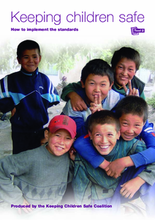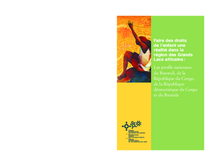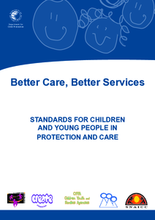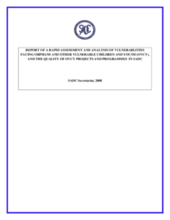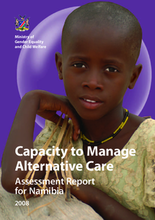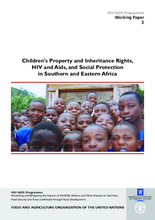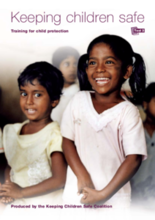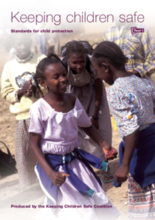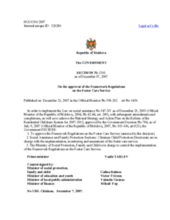Displaying 1571 - 1580 of 1798
Examines the outcomes of family strengthening model in Uganda.
The second tool in the Keeping Children Safe Toolkit which is a resource pack that provides guidance and activities to organisations ing meeting established standards
Ce rapport est de faire du droit une réalité dans le Grand lac de la région de l'Afrique de l'enfant.
This document sets forth key standards through which child and youth protection, particularly in regards to foster care, will be approached in Western Australia.
This study sought to assess, analyse and inform the different forms of vulnerabilities affecting children and youth, and their effects and existing strategies and programmes addressing the challenges and vulnerabilities facing orphans, vulnerable children and youth (OVCY) in the Southern Africa Development Community (SADC) region. The study also sought to propose recommendations for improvement, and development of minimum standards for OVCY and the finalisation of the SADC OVCY Strategic Framework.
This report prepared for the Ministry of Gender Equality and Child Welfare (MGECW) with financial support from UNICEF Namibia assesses the country’s capacity to manage alternative care systems for children.
Discusses the bi-directional relationship between HIV/AIDS and agriculture, food security, and rural livelihoods, including the relationship between HIV/AIDS and children’s property and inheritance rights
The third tool in the Keeping the Children Safe Toolkit builds upon the development and implementation of standards portions to address training staff on protocol
The first tool in the Keeping Children Safe Toolkit which explains what the basic standards should be for all organisations across the world working with and for children directly and indirectly
Decision No. 1361 on the approval of the Framework Regulations on the Foster Care Service was enacted by the Government of the Republic of Moldova on December 21, 2007 in order to implement the Law on social assistance (No 547-XV as of December 25, 2003) as well as to achieve the National Strategy and Action Plan on the Reform of the Residential Childcare System for 2007-2012, approved by Government Decision No 784, as of July 9, 2007.


